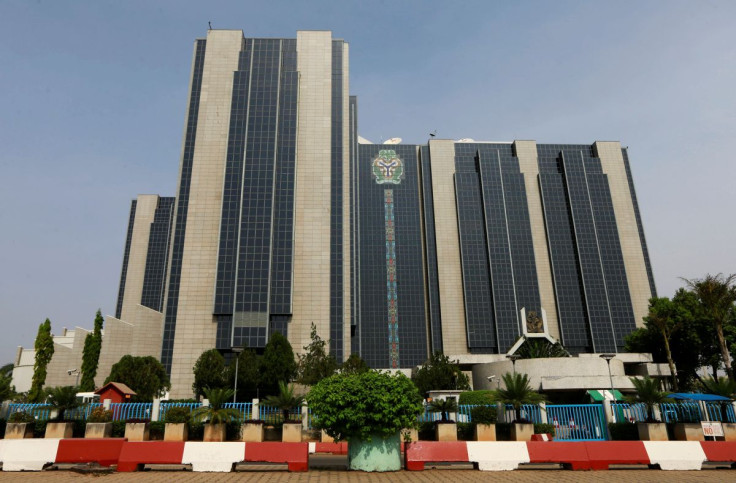Nigeria Banks On Financial Inclusion

Inequality and exclusion are the most pressing issues of the global system. Thus, financial inclusion has turned into a policy tool to advance economic progress, particularly in the areas of poverty reduction, job generation, wealth creation and improving the standard of living.
It is Nigeria’s turn to get its act together on financial inclusion, which was initiated in the most populated and economic giant West African nation in 2015.
However, the slow pace in achieving the target has forced the Central Bank of Nigeria (CBN) to replace high-value currency notes, starting Dec. 15, to make more Nigerians banked.
Nigeria is among the seven nations that account for half of the world’s unbanked population. In a nation of 218.5 million people, there were more than 38 million financially excluded persons in 2021-end, the World Bank noted in its Global Findex 2021.
The unbanked population in the country control over 75 percent of daily retail transactions. To make matters worse for the central bank, anti-social elements, known for their uninterrupted kidnappings and the huge ransom business, are enjoying a major say in the cash outside the system and they thrive with a high volume of liquidity at their disposal.
Nigeira’s National Financial Inclusion Strategy had a goal to reach 80percent financial inclusion in 2020, but only 64 percent of Nigerians opted for it. This means that 36 percent of adults, or 38 million people, remain fully financially excluded.
The main reason for the exclusion is that a vast majority of the population lives in rural areas and there is a preference for a cash-based economy over the digital financial system.
Less surprisingly, women in Nigeria continue to be more financially excluded compared with their male counterparts, with 45 percent of women using formal financial services, while 56 percent of men are already financially included.
To tide over this and make a significant increase in women's financial inclusion, the CBN has launched a Framework for Advancing Women’s Financial Inclusion in 2020.
Nigeria has made great strides in financial inclusion following the COVID-19 pandemic. Digital financial transactions increased by 325 percent in 2020.
To the advantage of the country, the use of digital financial services and agent networks has started to increase significantly between 2018 and 2020 with the increase in phone ownership, with 81 percent of Nigerians now possessing mobile phones.
The CBN, which set up the Financial Inclusion Steering Committee (FISC) on Jan. 29, 2015, has set a target to reach 95 percent financial inclusion by 2040.
However, at the current rate of progress, it would take until around 2030 for Nigeria to reach the 2020 financial inclusion targets.
So to speed up, the CBN plans to issue redesigned 200, 500 and 1,000 naira notes. The old notes will cease to be legal tender from Jan. 31, giving citizens six weeks to exchange their notes.
CBN Governor Godwin Emefiele said during a press briefing in the capital Abuja on Oct. 26 that 85 percent of cash is held outside commercial banks, which undermines monetary policy and the integrity of the currency.
Emefiele argued that reducing the amount of cash in circulation would cut the source of funds for ransom payments.
“It is unacceptable and indeed it takes the control of money supply out of the hands of the central bank,” Emefiele further said.
The central bank also plans to mint more eNaira digital currency, which was unveiled a year ago but only found favor with 1 million people who have downloaded the eNaira wallet.
While the new naira notes are unlikely to have an impact on the official exchange rate, it will put pressure on the widely-used informal market rate.
Financial inclusion will give Nigerians access to the formal economy and will help build a prosperous and stable economy with mutually supporting pillars.
Like all other rights, people have the right to actively take part in the economy. The Consultative Group to Assist the Poor (CGAP), the development arm of the World Bank, noted, “Ensuring the financial system is inclusive is paramount in the process of creating a more inclusive, equal and peaceful society.”
But financial inclusion itself does not eradicate poverty and increase the standard of living and it needs to be complemented with a host of other economic and social services.
Maybe Emefiele can take a few tips from India, which did the same in 2016, known by its pet name -- demonetization.





